Privacy Row: Is WhatsApp’s print ad drive effective in restoring consumer confidence?
Whatsapp has been in the dock ever since it announced updation of their privacy policy earlier this month that allows the messaging app to share commercial user data with parent company Facebook. The revised privacy norms allow the sharing of business interactions across the group. Those who do not accept the updated privacy policy, which come into force in February 2021, will not be able to access their chats on the messaging platform.
This has raised serious concerns among Whatsapp users as to how secure their data will be now and to what extent the messaging app and Facebook will have access to their data and messages. The updated policy requires users to share transaction data, mobile device information, IP address, and data on how they interact with businesses via Facebook-owned platforms. Users are naturally worried as the platform looks to monetise private user data.
There have been reports on several Whatsapp users shifting to end-to-end encrypted messaging apps like Signal and Telegram. Signal beat WhatsApp in weekly India download between January 5 and 11, with Signal clocking 3.3 million downloads as against 1.7 million downloads on WhatsApp during the same period. But both Signal and Telegram are a long way off from WhatsApp’s 400 million users in India.
Also read:
WhatsApp tweaks privacy policy to share more user data with Facebook
Facebook India Client Council to discuss WhatsApp Privacy update matter
47% Indians find Whatsapp’s updated privacy policy unacceptable: Inshorts poll
What is Signal and can it be a serious competitor to WhatsApp?
Meanwhile, to address the growing concerns of the users, WhatsApp came out with full page front page ads in several leading newspapers like The Times of India, Economic Times and The Hindu.
The long copy ad started by reaffirming, “WhatsApp respects and protects your privacy.” It went on to add, “Respect for your privacy is coded in our DNA.” The Whatsapp also reiterated that its recent Privacy Policy and Terms of Service did not affect the privacy of its users’ messages with their friends or family in any way.
While listing what had changed and what hadn’t changed, Whatsapp reassured that all private messages, photos, videos, voice messages and documents shared with friends and family is protected by end-to-end encryption. It also stated that “Whatsapp cannot see your shared location and neither can Facecbook.”
Whatsapp groups will remain private and no data will be shared with Facebook for ads purposes. The messaging app also reassured that it does not share its users’ contacts with Facebook or any other app.
What has changed is Whatsapp’s policy regarding messaging a business on the app, which, it said, was “optional, and provides further transparency about how we collect and use data”. Meanwhile, there are reports of start-ups as well as established corporates alike that are considering moving out of Whatsapp when it comes to official communication. Signal seems to be the gainer here. Tesla chief Elon Musk’s recent cryptic tweet, “Use Signal”, also triggered tremendous interest and shift to Signal.
While WhatsApp has ticked all the right boxes in communicating with the people and addressing the various concerns related to the messaging apps, is this effort enough to allay people’s concerns? Is there more that Whatsapp needs to do? Will it help restore consumer confidence? Adgully spoke to a cross-section of industry experts to find out more...
While speaking on Whatsapp’s strategy to address the concerns of the industry, Lloyd Mathias, Angel Investor and Business Strategist, opined, “WhatsApp has rightly responded to user concerns about privacy through these full page ads. This will help address some of the concerns and also cap the wide speculation and rumour mongering that the proposed changes had triggered.”
At the same time, he said that consumer confidence in Whatsapp has already been dented and lesser known messaging Apps like Telegram and Signal have made it to many consumers’ consideration set.
Agreeing with Mathias, Sanjay Trehan, Digital & New Media Consultant, too, felt, “WhatsApp has done well to release an ad that suggests that it ‘respects and protects’ our privacy, but it is reactive and is in response to the user backlash.”
Trehan emphasised, “In today’s age of the empowered consumer, it is important to be proactive in perception management. Users needn’t be ‘managed’. They need to be heard, and whenever possible, co-opted in decision making, especially when it concerns their data and privacy. In any case, opt-in is always preferred over opt-out.”
“Conversation and engagement with the consumer is the way to go when one needs to create meaningful and sustainable relationships over the long run. And trust is the bedrock on which such relationships must be built,” Trehan added.
“Whenever a big brand sees its reputation in potential peril, it is natural to plaster print media with advertising (says a lot about print media’s continuing credibility and importance!),” observed Karthik Srinivasan, Independent Communications Consultant. He added, “Facebook did the same when it was caught on the wrong foot on the Free Basics plan. WhatsApp did the same when they were continuously pounded on not doing enough to stop fake news and disinformation spreading and creating real-world damage via their platform.”
Srinivasan believed that the main targets for these ads are the Indian regulators and politicians, to showcase WhatsApp’s intent that they are taking the Indian users seriously enough.
At the same time, he said, “WhatsApp also has a lot to lose if their payment segment doesn’t take off, considering it is already late in the Indian market. And a privacy-related question would come down very heavily on a service that is supposed to take care of our money. So, the print ads could be a precursor to propping the payments part too.”
“With Facebook experiencing significant backlash on the policy change that they rolled out, this was inevitable,” remarked Mihir Karkare, EVP, Mirum India, adding, “While this is the most visible reaction to the backlash, I think we will see more and more outreach, some visible and some subtle, from Facebook, to put this point across.”
Karkare doesn’t think the privacy debate is solved at all, in fact, it is just the beginning of the debate. “Honestly, while these specific changes may not have any incremental adverse impact on people’s privacy, the best thing they have done is gotten everyone aware that privacy is something they should be conscious about. Further, the fact that they do have choices. And I think both these realisations are net positives!” he concluded.





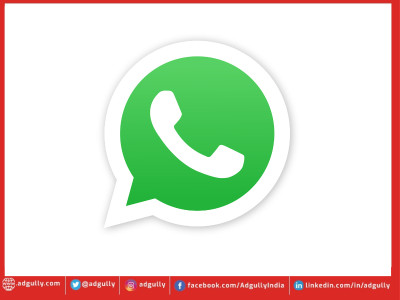
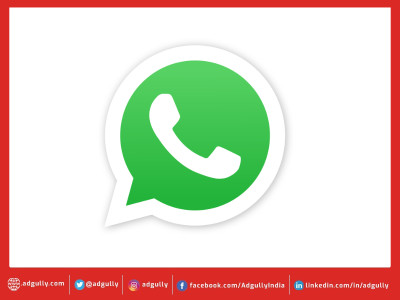
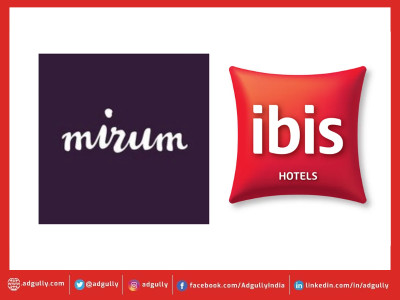
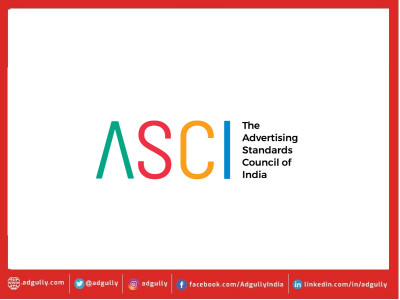

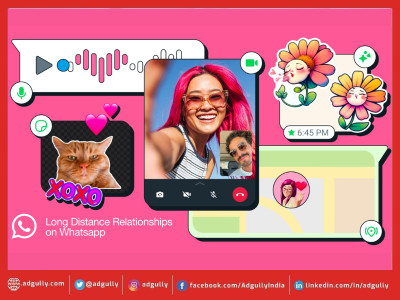



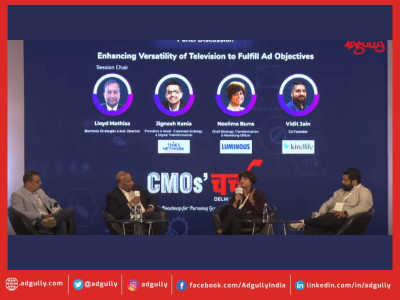




Share
Facebook
YouTube
Tweet
Twitter
LinkedIn